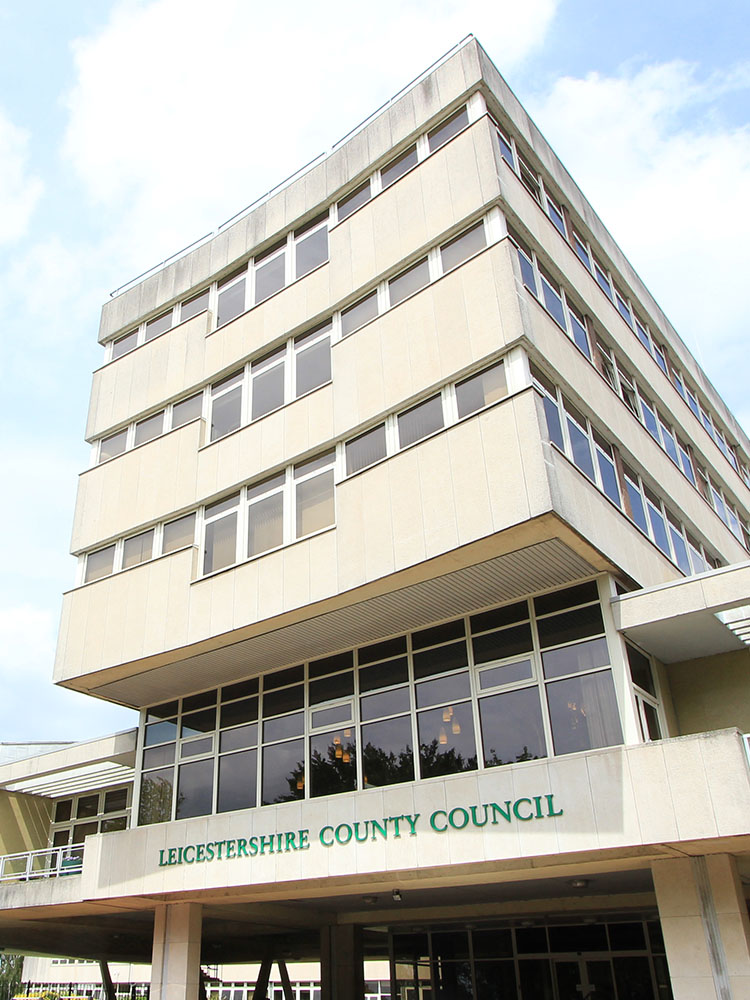This first Local Nature Recovery Strategy (LNRS) for Leicestershire, Leicester and Rutland, outlines a comprehensive strategic, landscape scale approach for enhancing and restoring biodiversity across the strategy area.
It is a call to action for all sectors of society to play a role in the recovery of nature, ensuring that the biodiversity and natural beauty of Leicestershire, Leicester and Rutland can thrive for future generations, while at the same time supporting the lives and livelihoods of the people and communities that live and work here.
Authorities and partners developing the strategy
We have been appointed the ‘responsible authority’ for developing a Local Nature Recovery Strategy for Leicestershire, Leicester and Rutland with support from a number of other authorities and partners.
The Steering Group to oversee the Local Nature Recovery Strategy includes representatives from the following organisations:
- Leicestershire County Council
- Leicester City Council
- Rutland County Council
- 7 Districts:
- Blaby District Council
- Charnwood Borough Council
- Harborough District Council
- Hinckley & Bosworth Borough Council
- Melton Borough Council
- Northwest Leicestershire District Council
- Oadby & Wigston Borough Council
- Natural England
- National Forest Company
- Environment Agency
- Forestry Commission
Urgent challenges
The strategy is designed to address the urgent challenges of:
- habitat loss
- species decline
- flood mitigation
- food production
- building development, such as housing, business and infrastructure
- improving air and water quality
- climate change
Aims of the Strategy
The LNRS proposes the following strategic aims to address the above challenges:
-
Increase the area and diversity of land and water managed for wildlife in Leicestershire, Leicester, and Rutland (make more space for nature)
-
Increase biodiversity by improving the ecological condition (habitat quality) of existing areas for nature conservation
-
Reinstate natural processes, make space for water and utilise Nature-Based-Solutions to support nature and climate resilience
-
Protect and enhance green and blue spaces within urban habitats
-
Promote sustainable agriculture and support local food systems
-
Improve ecological connectivity by establishing coherent and resilient ecological networks at scale
-
Reduce major pressures and threats to nature including Invasive Non-Native Species
-
Improve our understanding of the State of Nature and actively monitor habitat/species change over time
The Strategy
Read the full strategy for further information:
Appendices to the Strategy
Explore the local habitat map
The local habitat map is a crucial component of the Strategy, providing a detailed, visual representation of the most important existing and potential areas for nature within Leicestershire, Leicester and Rutland.
It is an essential tool for local government decision makers, developers, farmers and landowners and conservationists and fosters collaboration towards nature recovery goals.
Strategy management plans and good practice guidance is a resource on how to best manage different habitats:
Progress
Between 2028 and 2032: Review and report on progress
Authorities that are responsible for delivering the LNRS will need to review the strategy and report on progress with its partners and stakeholders within 3 to 8 years of the initial strategy being approved. Thereafter, strategies are expected to be reviewed approximately every 5 years.
August 2025: Final Local Nature Recovery Strategy published
Read the full strategy and view the local habit map above.
January 2025 to 28 February 2025: Consultation on the draft strategy
We asked for your feedback on the draft strategy to help inform the final strategy.
You can read more about this on our You said, we did, Engagement 2025 page.
2024: Draft Local Nature Recovery Strategy written
The draft strategy was compiled with support from a number of stakeholders from communities within Leicestershire, Leicester and Rutland following the government's statutory guidance.
Step 1: Map areas that are of particular importance for biodiversity including national conservation sites, local nature reserves, local wildlife sites and irreplaceable habitats
Step 2: Map areas where action for nature recovery has been taken where LNRSs are reviewed and republished
Step 3: Describe the strategy area and its biodiversity and opportunities for recovery
Step 4: Agree LNRS priorities and identify potential measures (Statement of biodiversity priorities)
Step 5: Map areas that could become of particular importance (Local habitat map)
